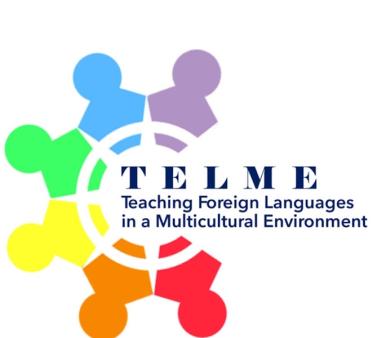Objectives
This degree prepares students for various professions, including training and teaching in particular. However, the syllabus is organized to provide students with the skills required to enter other professional fields, such as documentation, tourism and social professions.
Our training offer is innovative in terms of the pathways developed. It is unique in that it opens up the syllabus to fledgling specialists. As part of this system, students with an advanced language level are encouraged to enrol on a double-curricula programme (Breton / History, Breton / Sociology, Breton / English, etc.).
Skills
-
Proficiency in written, literary, journalistic and everyday language.
-
Ability to understand and analyse all types of written and oral documents.
-
Ability to translate from another language into Breton and from Breton into another language.
-
Proficiency in oral language (language registers, good command of oral communication tools, ability to understand dialectal variants).
-
Introduction to a research approach (briefing notes, presentations, dossier preparation, etc.).
Course Content
Year 1 (L1) of the degree is organized in such a way as to compensate for any lack of linguistic training prior to the course: in semester 1, three group levels (advanced, intermediate, beginner); in semester 2, two group levels (non-beginner and beginner). The aim is thus to ensure progressive language learning so that students get the most out of the training course.




